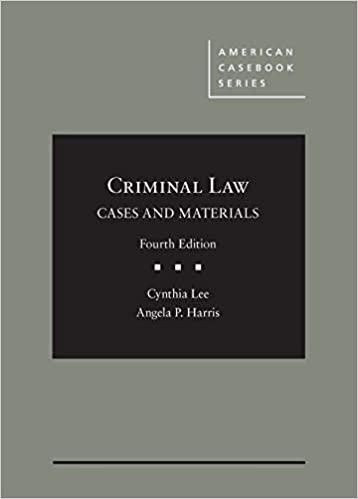Question
In 2010, Frank Stronach relinquished control of auto parts giant Magna International. Since 1978, Magna has had a dual-class, multiple-vote share structure. Through this structure,
In 2010, Frank Stronach relinquished control of auto parts giant Magna International. Since 1978, Magna has had a dual-class, multiple-vote share structure. Through this structure, Stronach was able to control the company despite owning just 0.6% of its 113 million shares, because his 720 000 Class B shares each carried 300 votes,
while the remaining 112 million Class A shares had one vote each. In return for cancelling the Class B shares, tl1e Stronach family trust received US $300 million in cash and 9 million new Class A shares. In addition, Stronach received a four year consulting contract and a 27% stake in Magna's electric car business. It is estimated that tl1e deal was worth $1 billion- an 1800% premium on the value of Stronach's shares. Seventy-five percent of the Class A share holders voted for the deal and subsequently the Ontario
Superior Court" approved the deal. Market reaction to the deal was also favourable- on the day following the announcement of the deal, Magna shares closed up 143 on the Toronto Stock Exchange.51 What are the problems with dual-class share structures? What are the advantages? Do you think the deal to eliminate the dual-class structure at Magna was fair?
Step by Step Solution
There are 3 Steps involved in it
Step: 1

Get Instant Access to Expert-Tailored Solutions
See step-by-step solutions with expert insights and AI powered tools for academic success
Step: 2

Step: 3

Ace Your Homework with AI
Get the answers you need in no time with our AI-driven, step-by-step assistance
Get Started


